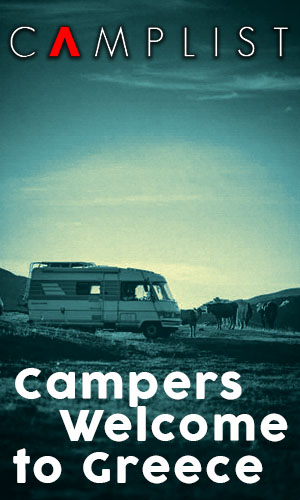
🔑 1. Plan Smart – But Stay Flexible
Research ahead using apps or guidebooks.
Have backups in case your first stop is full or unsuitable.
Check for restrictions (e.g., no overnight parking signs, seasonal closures).
🌍 2. Choose the Right Spot for Your Style
Campsites: Offer full facilities (showers, electricity, dump stations). Ideal for extended stays or families.
Aires / Stopovers: Often cheaper or free, ideal for overnight breaks; may have limited services.
Wild camping: More scenic and remote, but check local laws and always leave no trace.
🧘 3. Embrace Minimal Impact Living
Be self-contained: Use your onboard toilet and water systems responsibly.
Dispose of waste properly: Use designated dump stations; never dump grey water in nature.
Leave your pitch cleaner than you found it.
📶 4. Stay Connected, Safely
Have an offline map or GPS for when signal drops.
Use Wi-Fi hotspots or mobile routers if you work remotely.
Keep an eye on weather and road conditions, especially in rural areas.
🧑🤝🧑 5. Respect the Community & Fellow Travellers
Keep noise down, especially at night.
Don’t block views or take up more space than needed.
Support local businesses — buy from local shops, markets, or eat out occasionally.
🔧 6. Know Your Vehicle
Practice parking and leveling on uneven terrain.
Monitor water, battery, and gas levels regularly.
Carry essential tools, spare parts, and emergency gear.
🎯 7. Enjoy the Journey
Successful motorhome travel is about experiences, not schedules.
Wake up by a lake, stargaze in the desert, or meet friendly fellow travelers.
Be open to detours and discoveries — the road often knows better than your itinerary.





